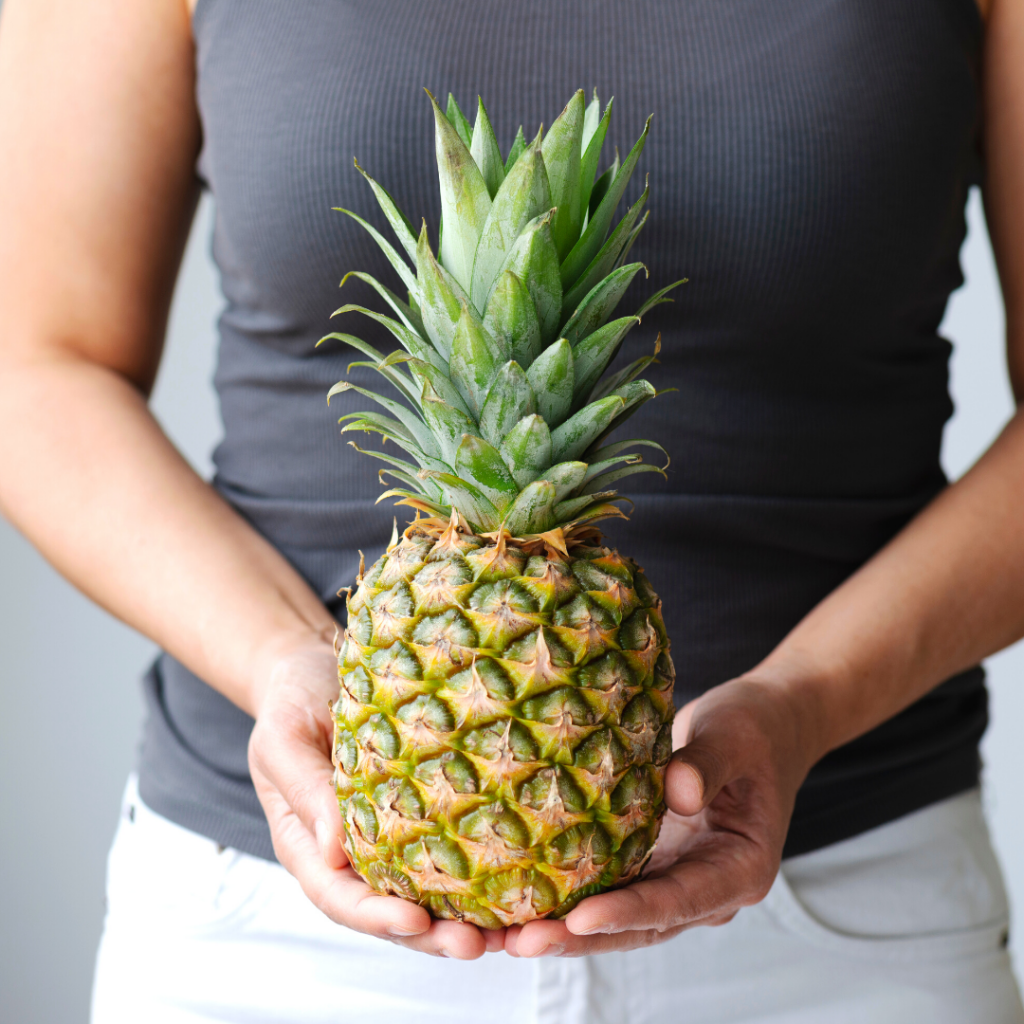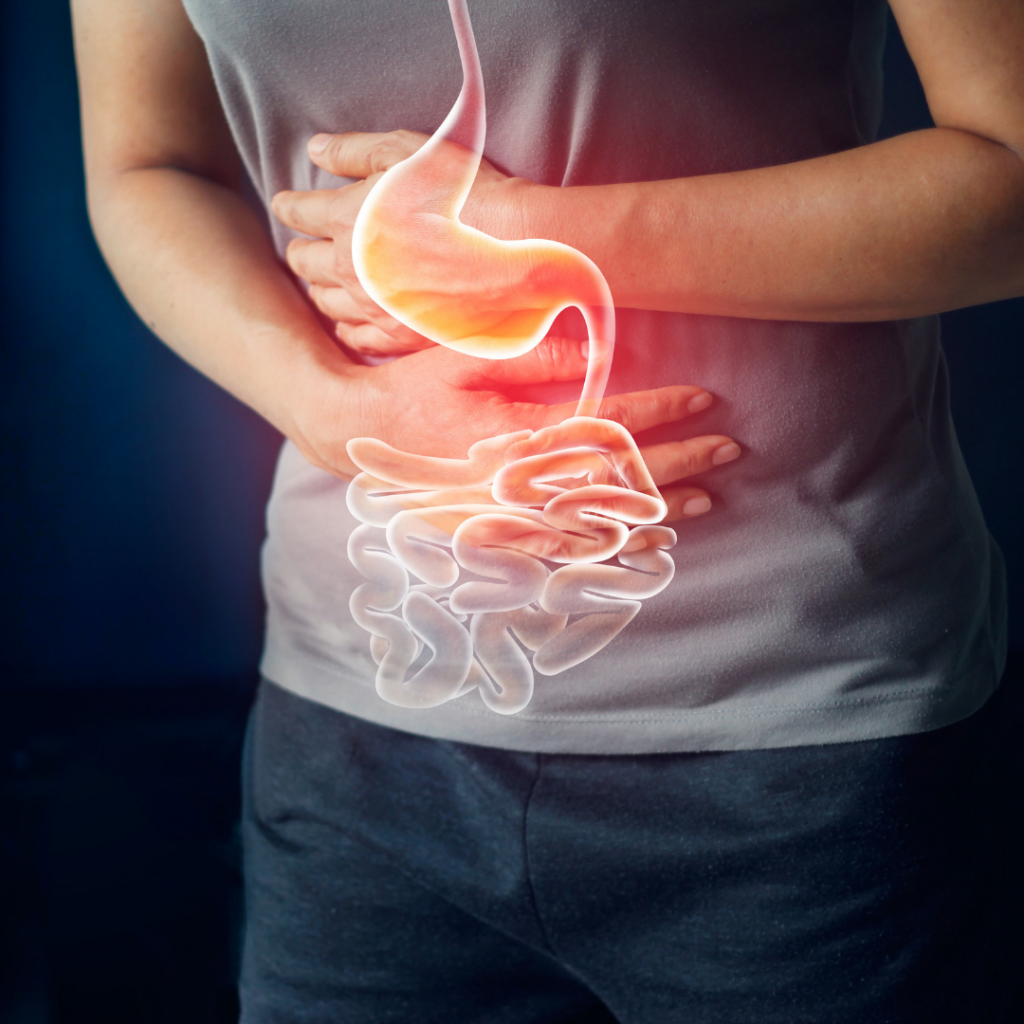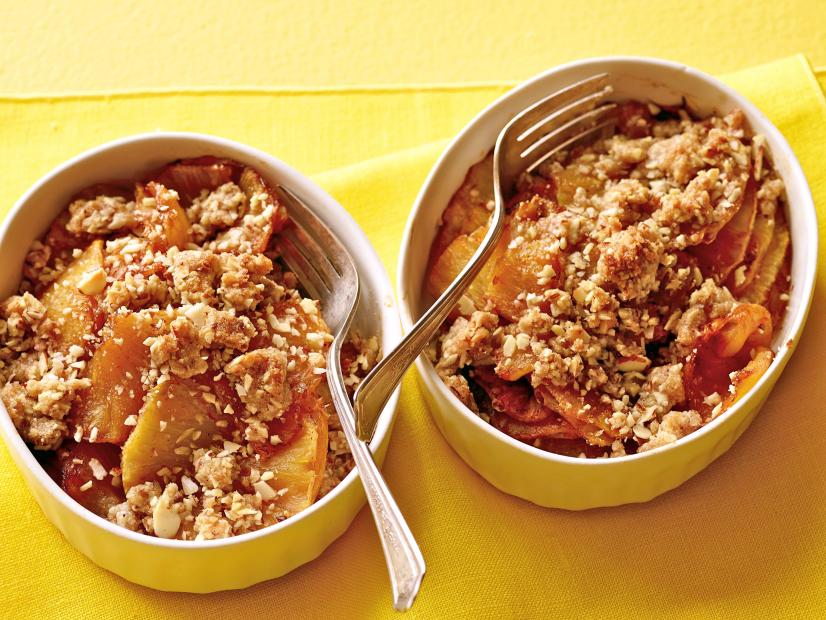
Stress Can Affect Gut Health
We blame the brain as the source of all of our stress, but the truth is that our gut health holds more anxiety and stress than we realize.
The idea that our well-being can come from our stomachs is based on sound evidence. Up to 95% of our serotonin (a.k.a. the happy hormone) is made in the gut, along with trillions of other bacteria that produce different neurochemicals for our brains to learn, remember and regulate mood.
It’s A Gut Feeling

This is why taking care of the gut is as important as taking care of any other body part. A “nervous” stomach can be one of the main causes of bloating. It’s also one of the lesser-known symptoms of anxiety. When you over-breathe during anxiety attacks, inhaling more oxygen than needed can bloat your stomach.
Yet, bloating is more common than you think and is not a symptom of one specific cause. The phrase “I’m so bloated” has become associated with being overweight, which is why a lot of misinformation is spread on why bloating exists. Rather than focusing on the real, scientific causes, tips to reduce bloating focus solely on losing weight and making your stomach flat.
In fact, according to Dr. Roshini Raj, gastroenterologist and co-founder of probiotic-enriched skin-care brand Tula, bloating is extremely common and happens to all of us, regardless of our weight or body shapes. The Cleveland Clinic reports between 10% and 25% of healthy people complain of occasional abdominal bloating and up to 75% of women experience bloating before and during their period.
What is Bloating?
Here’s what science tells us about bloating.
Bloating occurs when air or gas gets inside our gastrointestinal tract, which can create a feeling of fullness that may actually cause our stomach to expand. As Dr. Raj explains, bloating refers to “the sensation of swelling or distension in the abdomen and is caused by too much gas or air in your digestive system.”
Tamar Samuels, a registered dietitian, and co-founder of Culina Health, also notes that common modern eating habits, which we often perform unconsciously, may also play a role in increasing bloating. Eating habits such as eating too fast, randomly eating throughout the day, skipping meals, or eating late at night can negatively affect our digestion and be one of the reasons for bloating.
However, there are also serious symptoms that can appear along with bloating, such as noticeable weight loss, nausea, vomiting, diarrhea, and fever. If you have any of these symptoms, it is best to contact a doctor.
How To Improve Gut Health With Pineapples and Other Spices
In a perfect world, we’d all follow a balanced diet filled with vegetables, grains, and replace our morning coffee with fruit smoothies. It may sound idealistic, but—believe it or not—this kind of lifestyle is easier to achieve than you think.
Ginger, for instance, is regarded as a great ingredient for de-bloating, which you can incorporate into your diet by making ginger tea or having fresh juice with ginger or a smoothie in which you include ginger.
Turmeric is also regarded as a detoxifying spice, which you can add as a teaspoon to tea or a smoothie. Instead of adding salt to your food, try adding different spices. According to Karnika Kapoor, a primary care physician at the Medical Offices of Manhattan, the sodium in table salt can worsen retention. This is why consuming less salt can reduce water bloat.
Pineapple is another fruit that might just be the answer to a swollen stomach. This tropical fruit contains bromelain that has anti-inflammatory and anticancer properties, which reduces swelling, bruising and other injury-related pains. Pineapples are high in fiber and water content, which can help prevent constipation and promote healthy digestion.
Gut Approved Dessert

Instead of dessert, try this recipe with fresh pineapple instead:
Ingredient List:
- 3 cups fresh Chestnut Hill Farms Perfect Pineapple chunks (about 1 pineapple)
- 1 tbsp cornflour/corn starch
- 3 tbsp brown sugar
- 1/3 cup (50 g) all-purpose/plain flour
- 3/4 cup (60 g) rolled oats
- 1/2 cup (125 g) unsalted butter, cold
Instructions
- Add fresh pineapple chunks, cornflour, and 3 tablespoons of brown sugar to a bowl.
- In another bowl, add the remaining brown sugar, plain flour, oats, and butter, and mix well
- Top the pineapple bowl with the crumble mixture. Keep it in the oven for about 40-45 minutes, and then serve your fresh pineapple crisp.
To get Chestnut Hill Farms news and updates delivered to your inbox, sign up for our newsletter.


